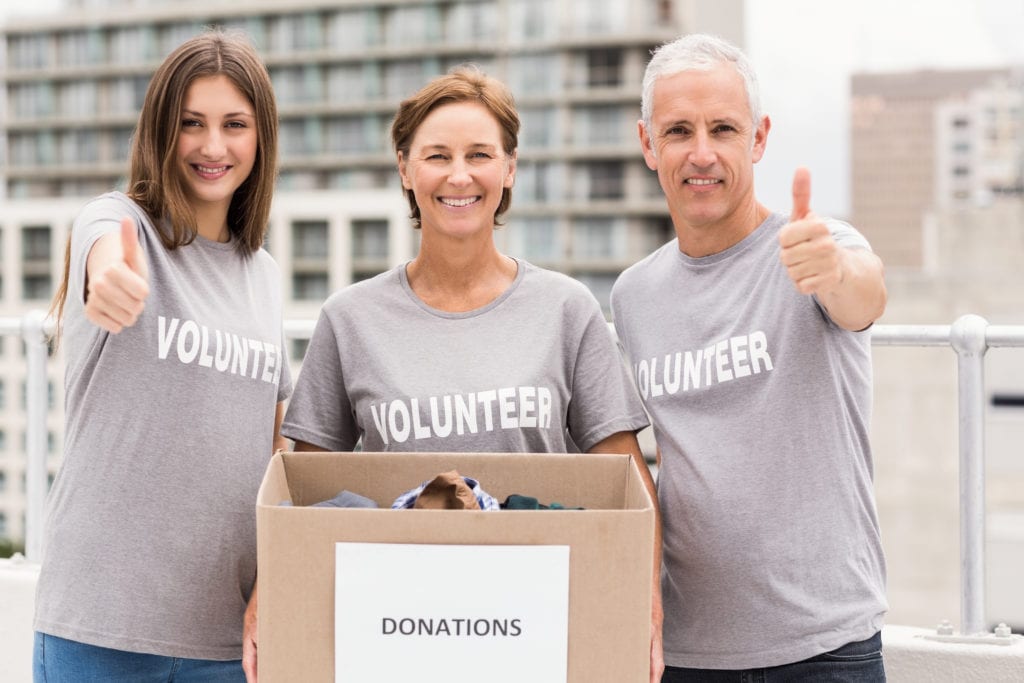I have a long standing bet with a friend of mine. And I am sure it’s a common topic among your friends, too. The topic is around social media and its benefits. But in this case, it’s really around social media and its lack of benefits.

The bet goes something like this: I tell my friend that I bet social media has not made anyone’s life better. In fact, it has probably made our lives worse. Why? Because it brings out some of the most elemental attributes of humanity that unfortunately deal with our darkest impulses. The impulse of jealousy, materialism, vanity, nepotism, and more. It’s the fake, posed lifestyle that we want others to believe we live, but we do not actually live.
Is there anyone out there who can positively tell me that your life has become better through the use of social media? I sure would like to hear from you.
While the potential is there in platforms like Instagram, Twitter, Facebook, and TikTok to carry the creativity one already has and spread it to the masses, it is simply not how I see these platforms (and many others) being used.
For instance, a recent search for the most watched video on TikTok is a guy who looks to be about 12 years old wearing what seems to be plastic cups on his feet and holding a half gallon of milk along with a bowl of cereal. He trips and falls, spilling milk and cereal everywhere. That’s it. It’s eight seconds long. Hilarious. It got 17.2 million likes and 187.3 million views as of last year – which was the last date I could find the metrics for. I’m sure it’s much higher now.
Add to that the sheer lunacy of what I see today as a very interesting form of altruism, a new and different form of altruism that social media enables. It’s where people take pictures and even videos of themselves doing good deeds, like donating clothes to charity at Goodwill to prove to others that they are good people. Kids pose with bags of donations in the Goodwill parking lot, and the hashtag #doinggood goes out with the post.
But it gets even worse. Recently, I saw a post on social media where people set up chairs and shade for the trash collector with cold drinks. But, alas, that wasn’t enough. You had to prove to people you were a good person! So this particular social media post is replete with photographs of the trash collectors sitting and enjoying the shade, and various family members even posing with the trash collectors! A dozen photos in all. Just to make sure you got it: They are good people.
I may be old school, but what happened to doing good just to do good? If it is not publicized, does it lose its value? If it’s not on Twitter or Instagram or TikTok in some way, does it mean that it’s not worth doing?
The most tragic results I see are social media’s effect on creativity or, more specifically, its effects on limiting and stifling creativity. For every video of a guy spilling milk, there are thousands of other copy-cats out there doing their own version of the same thing.
Then, when we look at these things as a society, we see that in businesses, too. Endless “me-too” versions of the same thing, over and over again, rinse and repeat.
But is it fair to judge the social media providers? The TikToks and Twitters and Instagrams of the world? Or are they just catering to an innate narcissism that lies deep within all of us?
I am really not sure what the answer is. There are people far smarter than me who study these exact types of questions, and I am certain that their insight is far more powerful than mine. But what I do know is that creativity remains stifled, at best, on social media in favor of far darker impulses. It manifests in all kinds of realities outside of the device, phone, or tablet and ultimately serves as a detriment to creativity in its fullest form.

